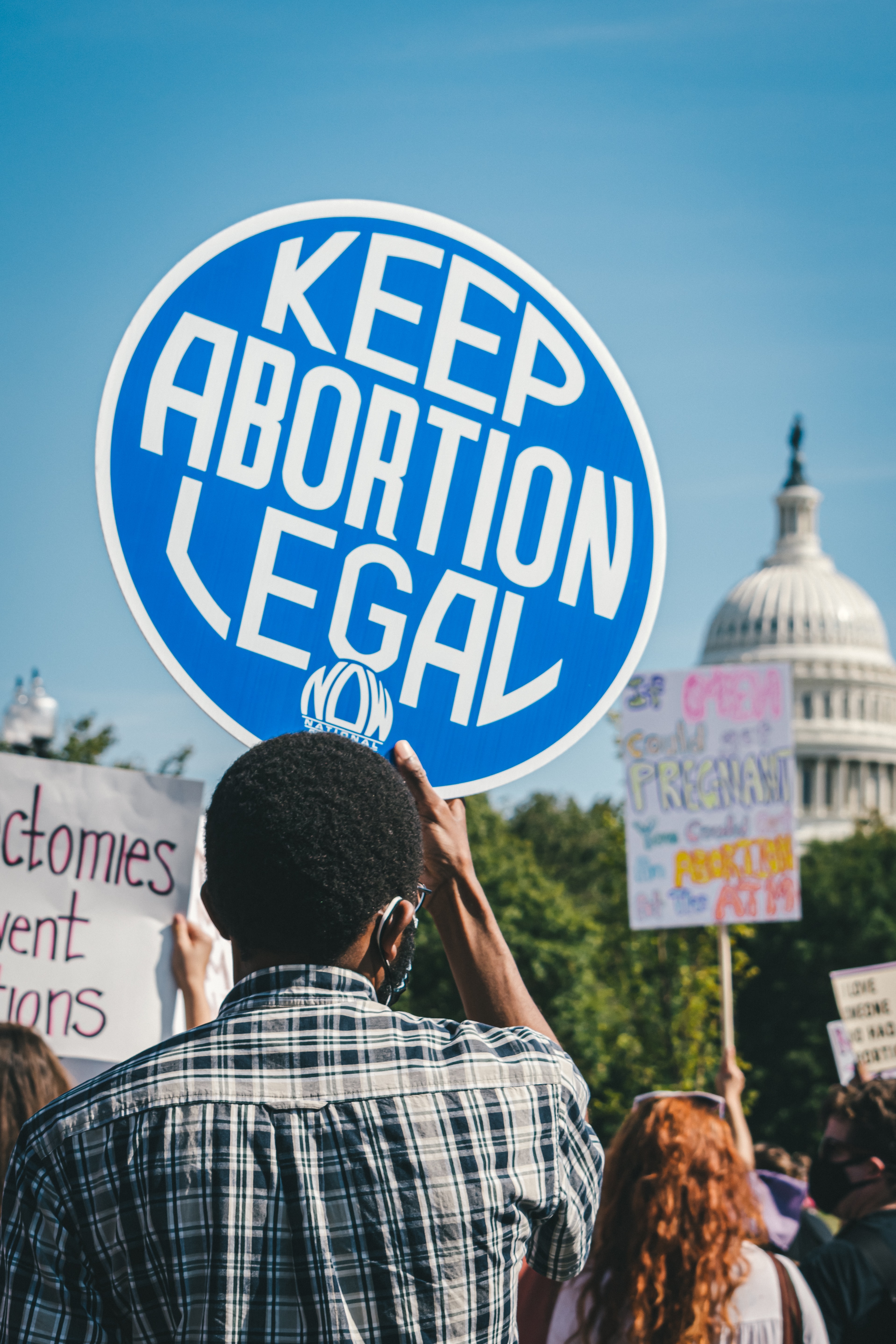 On Monday, May 2nd, it became known that the United States Supreme Court seemingly plans to reverse the fifty-year old precedent established in Roe v. Wade and reaffirmed twenty years later in Planned Parenthood v. Casey that pregnant women have a constitutionally protected right to make choices regarding their reproductive health and bodies under the right to privacy applied to states under the Fourteenth Amendment.
On Monday, May 2nd, it became known that the United States Supreme Court seemingly plans to reverse the fifty-year old precedent established in Roe v. Wade and reaffirmed twenty years later in Planned Parenthood v. Casey that pregnant women have a constitutionally protected right to make choices regarding their reproductive health and bodies under the right to privacy applied to states under the Fourteenth Amendment.
The draft opinion, purloined prior to its issuance by the Supreme Court, is explicit in intending to overrule those long-standing precedents. Writing for an apparent majority of the Court, Associate Justice Samuel Alito states that “[t]he Constitution makes no reference to abortion, and no such right is implicitly protected by any constitutional provision, including the one on which the defenders of Roe and Casey now chiefly rely – the Due Process Clause of the Fourteenth Amendment. That provision, Justice Alito states, has been held to guarantee some rights that are not mentioned in the Constitution, but any such right must be ‘deeply rooted in this Nation’s history and tradition’ and ‘implicit in the concept of ordered liberty.” Justice Alito’s draft opinion holds that the right to abortion does not fall within this category.
The catastrophic effect of this decision on a woman’s right to privacy over the most intimate decisions about her own body and reproductive rights cannot be understated. A holding that there is no federal constitutional right to privacy over the decision as to whether to carry a pregnancy to term allows states to regulate that decision however they choose. Many states – by some estimates, more than half– intend to outlaw abortion altogether or limit it drastically, and there will be no viable federal legal challenge, if the Court adopts this opinion.
 Recognizing the potentially much wider effect that this opinion might have on other privacy rights, Justice Alito attempts to limit the effect of his decision by proclaiming, without any reasoned analysis, that “[w]e emphasize that our decision concerns the constitutional right to abortion and no other rights. Nothing in this opinion should be understood to cast doubt on precedents that do not concern abortion.” There is no basis for such a distinction in his analysis. The right to privacy is the basis for many other rights, such as the right to use contraception (Griswold v. Connecticut); interracial marriage (Loving v. Virginia); same sex marriage (Obergefell v. Hodges); and consensual sexual acts among adults (Lawrence v Texas). None of those rights could be said to be “deeply rooted in this Nation’s history and tradition” and could be attacked thus leaving them vulnerable to state laws that seek to eliminate or modify them. Justice Alito’s carve out for abortion is pure dictum that provides no assurance that it will be followed in subsequent Supreme Court decisions.
Recognizing the potentially much wider effect that this opinion might have on other privacy rights, Justice Alito attempts to limit the effect of his decision by proclaiming, without any reasoned analysis, that “[w]e emphasize that our decision concerns the constitutional right to abortion and no other rights. Nothing in this opinion should be understood to cast doubt on precedents that do not concern abortion.” There is no basis for such a distinction in his analysis. The right to privacy is the basis for many other rights, such as the right to use contraception (Griswold v. Connecticut); interracial marriage (Loving v. Virginia); same sex marriage (Obergefell v. Hodges); and consensual sexual acts among adults (Lawrence v Texas). None of those rights could be said to be “deeply rooted in this Nation’s history and tradition” and could be attacked thus leaving them vulnerable to state laws that seek to eliminate or modify them. Justice Alito’s carve out for abortion is pure dictum that provides no assurance that it will be followed in subsequent Supreme Court decisions.
The Barbara McDowell Foundation has long sought to vindicate the rights of disadvantaged persons and groups in the United States through its award of grants to social justice organizations litigating such cases. Our efforts have a broad reach to protect civil rights in the United States. For example, in 2021, we funded a case pursued by Gender Justice that is seeking to protect the substantive right of emergency contraception. We also supported the National Advocates for Pregnant Women in 2014 in their challenge to the constitutionality of Alabama’s Chemical Endangerment of a Child statute, which became a mechanism for punishing women who become pregnant and use any amount of a controlled substance—whether prescribed or unprescribed. Thus, the Foundation joins its voice to all of those who condemn the draft decision written by Justice Alito and its implications for civil liberty in this Country.
